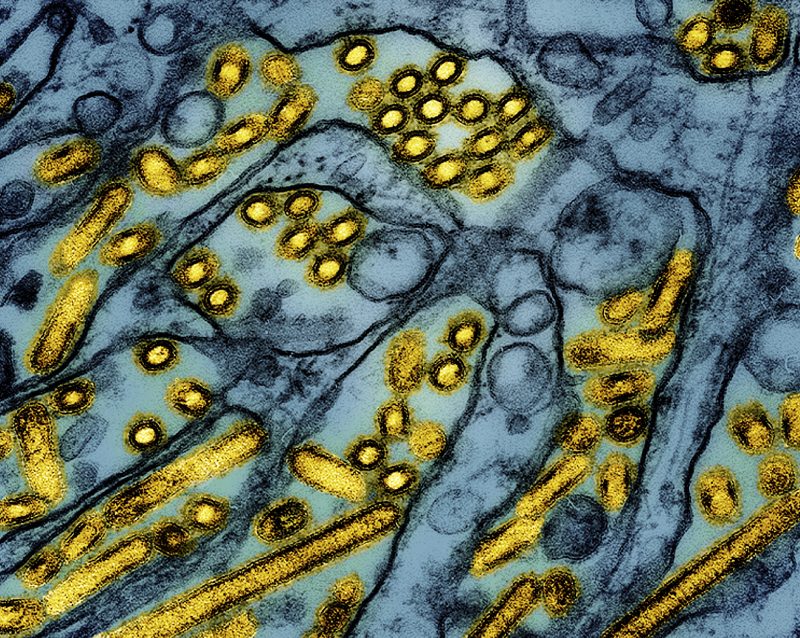BATON ROUGE, La. (WVLA) — The Louisiana Department of Health (LDH) confirmed the first U.S. human death from bird flu, also known as highly pathogenic avian influenza (HPAI), or H5N1.
The patient, who has not been identified, was over the age of 65 and had underlying health conditions. Health officials previously confirmed the person had contracted the virus after exposure to a combination of a non-commercial backyard flock and wild birds.
The individual had been hospitalized before their death, Louisiana health officials said.
An extensive public health investigation has found no evidence of person-to-person transmission and no additional H5N1 cases in Louisiana.
The department expressed condolences to the patient’s family and stated this will be the final update regarding the individual due to confidentiality and respect for the family.
In December, the Centers for Disease Control and Prevention determined this case was the first severe bird flu illness among humans. They also said a genetic analysis had suggested the bird flu virus had mutated inside the patient, which could have led to the more severe illness.
Since March, 66 confirmed bird flu infections have been reported in the U.S., but previous illnesses have been mild and most have been detected among farmworkers exposed to sick poultry or dairy cows. In two cases — an adult in Missouri and a child in California — health officials have not determined how they caught it.
Still, health officials have reiterated that the general public’s risk of contracting H5N1 remains low. However, people who work with birds, poultry, or cows, or have recreational exposure to them, may face a higher risk.
To minimize the risk of H5N1 infection, LDH suggests the following precautions:
- Avoid contact with sick or dead animals or their droppings. Do not bring sick wild animals into your home.
- Keep pets away from sick or dead animals and their feces.
- Properly cook poultry, eggs, and other animal products to prevent cross-contamination between raw and cooked food.
- Avoid unpasteurized products such as raw milk or cheese from infected animals.
- Workers on poultry or dairy farms should get seasonal flu vaccinations to reduce the risk of co-infection with bird flu and other flu viruses.
Those exposed to sick or dead birds should monitor for respiratory symptoms or conjunctivitis. If symptoms develop within 10 days of exposure, LDH advises contacting a health care provider and staying home to avoid spreading the illness.
The Associated Press contributed to this report.


